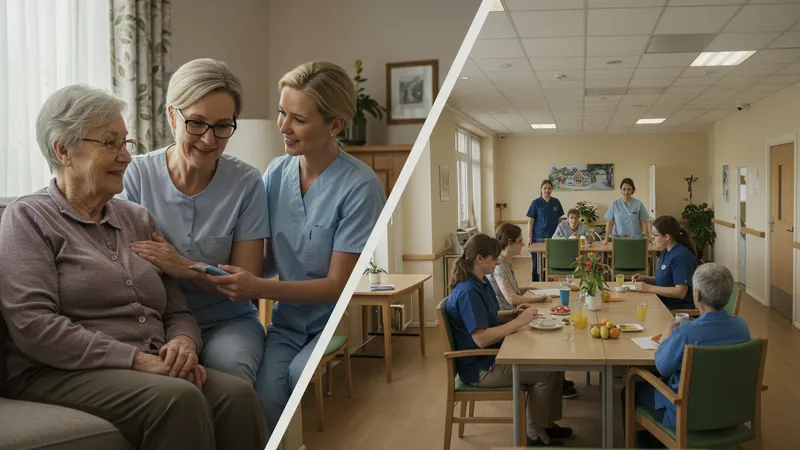
Elderly Care: Options And How They Work Explained
Elderly Care: Comparing Levels of Independence and Support
Each elderly care option in Germany offers a distinct blend of independence and professional backing. Ambulante Pflege stands out for those wishing to reside in familiar settings, with flexible scheduling based on individual preferences. Caregivers usually visit several times a week, providing everything from help with bathing to medication management, while close family members often remain involved in daily routines to reinforce social and emotional well-being.

In contrast, stationäre Pflegeheime deliver round-the-clock supervision and medical support for those facing complex or severe health issues. The transition to residential care often signals a shift to total professional oversight, with structured activities, communal dining, and rehabilitation services available on-site. Visiting hours and resident councils help maintain vital personal connections, emphasizing person-centered approaches to care delivery.
Betreutes Wohnen bridges the gap between full independence and intensive care. Residents live in their own furnished spaces within a supportive community, benefiting from emergency call systems, meal options, and optional housekeeping or recreational programming. This middle-ground arrangement appeals to seniors who value privacy but want the peace of mind that comes with accessible assistance.
Deciding between these pathways requires careful consideration of the senior’s capabilities, lifestyle preferences, and risk factors. State agencies, social workers, and family physicians collaborate to guide families through this assessment, ensuring that the chosen setting provides the optimal mix of dignity, security, and daily engagement.